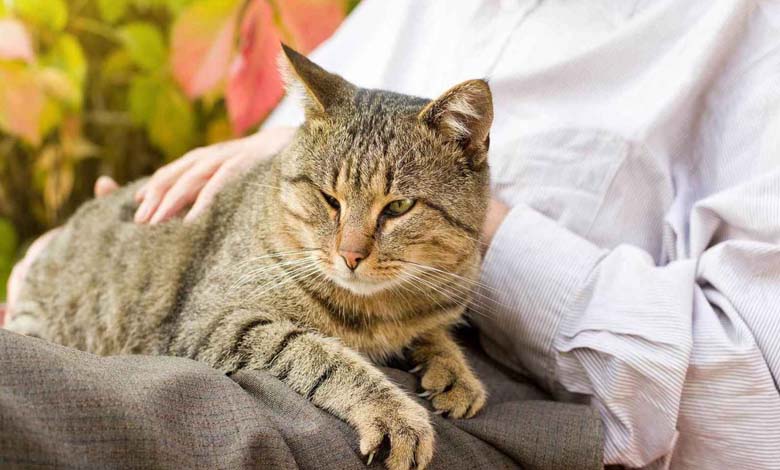Excessive Fear in Your Cat May Reveal a Hidden Illness

It’s not unusual for a cat to jump at a loud noise or run away from strangers. But when fear becomes constant, excessive, and starts disrupting daily behavior, it’s no longer just a natural feline instinct. In fact, unusual anxiety can signal a deeper physical or psychological issue that should not be overlooked.
-
Japanese Study Edges Closer to Unlocking the Mystery of Cat Purring
-
Common Spices That May Cancel Out the Effects of Medications
Recognizing the signs of abnormal fear
A cat suffering from chronic fear may display the following behaviors:
- Hiding for extended periods
- Avoiding physical contact, even with trusted humans
- Jumping at the slightest movement or sound
- Refusing food or showing sudden changes in appetite
- Peeing outside the litter box or overgrooming
These signs may be mistaken for a shy personality, especially in adult rescue cats. However, if these behaviors appear suddenly or intensify over time, they may indicate an underlying medical condition.
-
Celebrities and Owning Wild Animals: A Rare Hobby or a Showoff?
-
Can Artificial Intelligence Find a Way to Understand Animal Sounds?
What illnesses could be behind this fear?
Several physical health problems can lead to increased sensitivity to stress in cats. Some examples include:
- Hyperthyroidism: Overproduction of thyroid hormones can cause agitation, nervousness, and erratic behavior.
- Chronic pain (from arthritis, internal injuries): A cat in pain may become wary, irritable, or avoid touch.
- Neurological disorders: Brain or nervous system diseases can alter the cat’s perception of threats.
- Kidney or liver disease: These affect the cat’s overall balance, mood, and tolerance to stress.
- Viral or bacterial infections: These can weaken the cat physically and trigger fear-based behaviors.
-
Predatory Animals: Effective Alternatives to Insecticides
-
Damascus: Animal Arrival Delays Postpone Zoo Opening
The role of feline mental health
Cats, like humans, can suffer from anxiety disorders, especially after trauma (abandonment, abuse, unstable environments). Chronic stress can cause avoidance, aggression, or social withdrawal.
In some cases, it may be diagnosed as feline generalized anxiety disorder.
What to do if your cat shows excessive fear?
- Consult a vet first: A full health check will rule out or confirm medical causes.
- Track and record behaviors: Keep a log of your cat’s reactions, triggers, time of day, eating habits, and interactions.
- Avoid forcing interaction: Give your cat space and maintain a calm, safe environment.
- Stick to a stable routine: Cats thrive on predictability. A consistent routine can ease their anxiety.
- Consider a feline behaviorist: If no physical cause is found, a behavioral expert can provide tailored solutions.
-
Why do the sizes of animals shrink over time?
-
Cats accused of killing 1.5 billion animals annually… Details
Excessive fear in cats is neither a quirk nor just a behavioral issue. It can be a symptom of internal imbalance or deep emotional distress. Paying close attention to these signs allows you not only to bring comfort to your cat but also to detect potentially serious illnesses early on.
-
The world’s fastest land animal is facing extinction… Why?
-
A giant sea monster discovered in Morocco: an animal that devoured everything it saw
-
Could Dinosaur Fossils Hold the Key to Cancer Treatment?
-
The End of an Era: Euthanasia of Victoria, the UK’s Largest Female Polar Bear
-
New AI-Powered Technologies Help the Blind Navigate Freely












